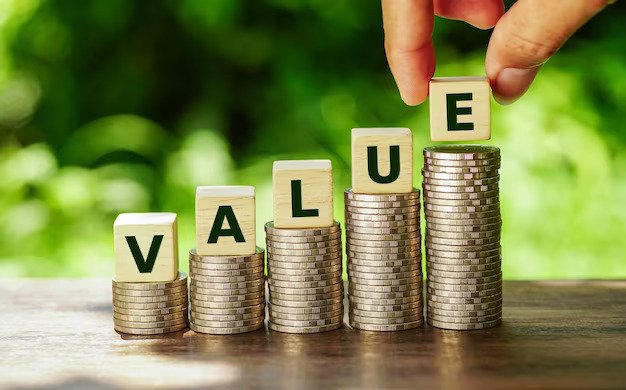Get A Personal Loan: Personal loans are like borrowed money that many people use for different things. You can use them to buy stuff, pay off debts, or deal with sudden expenses. But, before you can get a personal loan, there are some rules you have to follow. In this article, we’ll talk about what those rules are.
Your Credit Score
One big rule is your “credit score.” It’s like a grade for how good you are with money. The higher your grade, the easier it is to get a personal loan with a good deal, like low interest.
To make your grade better, always pay your bills on time, don’t use too much of your credit card, and don’t open lots of new accounts.
How Much Money You Make And Your Job
You need to show that you make enough money to pay back the loan. Lenders want to know you have a steady job that pays you money. They’ll ask for proof, like paychecks or bank statements.
If you have a job that doesn’t give you a paycheck, you might need more proof to show you have money coming in regularly.
How Much Debt You Already Have

If you already owe a lot of money, lenders might worry that you can’t pay back another loan. So, they check your “debt-to-income ratio.” This is how much of your money goes to pay debts each month compared to how much money you make.
If you pay a lot of your money toward debts already, it’s harder to get a loan. It’s better if you don’t use too much of your money for debts.
How Much Money You Want And What You Want It For
The amount of money you want and what you want to do with it can also affect if you can get a loan. Lenders may say yes or no based on these things.
Some lenders might only give small loans, while others can give you more. They may also want to know why you need the money. Some loans are only for certain things, like paying off debts or fixing your house. You should check with the lender to see if they’re okay with your plan.
Your Money History
Lenders also look at your money history. They want to see if you’ve borrowed money before and how well you paid it back. If you did a good job, it’s easier to get a loan. But if you didn’t, it can be harder.
Giving Something Valuable

Most personal loans don’t need you to give something valuable (like your car or savings) as a promise to pay back. But some loans, called “secured loans,” do. If you can’t get a regular loan, you might have to give something valuable to get a secured loan. This can be risky because you might lose your valuable thing if you can’t pay back the loan.
Having A Friend Help You
If your money history isn’t great or you don’t have a good credit score, you can ask a friend with good money history to help you. They can sign the loan with you, and it can make it easier to get approved. But remember, they’re on the hook for the loan too, so be careful.
What The Lender Wants
Different lenders have different rules. Some might be okay with lower credit scores, while others might care more about how much money you make. Online lenders and regular banks might also have different rules.
So, before you apply for a loan, make sure to look at what the lender wants. This way, you can pick the best lender for you.
Also Read : How Can You Secure The Best Car Loan Interest Rate?
Conclusion
Getting a personal loan can be a helpful way to get money when you need it. But, you have to follow the lender’s rules. To make it easier, focus on paying bills on time, not having too much debt, and showing you have a steady income.
Before you get a loan, look at different lenders and see what they need. This will help you find the best loan for you.
FAQs
1. What factors do lenders consider when approving a personal loan application?
Lenders typically consider your credit score, income, employment history, and debt-to-income ratio. These factors help them assess your creditworthiness and ability to repay the loan.
2. How does my credit score impact my eligibility for a personal loan?
Your credit score is a significant factor in loan approval. Higher credit scores are generally associated with lower risk for lenders, making it easier to qualify for a loan with favorable terms. Lower credit scores may result in higher interest rates or loan denials.
3. Can I get a personal loan with bad credit?
Yes, it’s possible to get a personal loan with bad credit, but it can be more challenging. Lenders may offer loans with higher interest rates or require a co-signer to mitigate the risk associated with lower credit scores.
4. How does my income affect my eligibility for a personal loan?
Your income is crucial because it helps lenders determine if you have the financial means to repay the loan. Lenders may have minimum income requirements, and a higher income can increase your chances of approval and potentially allow you to borrow more.
5. Are there other factors besides credit and income that influence loan approval?
Yes, lenders may consider your employment history, length of time at your current job, and your debt-to-income ratio. A stable job and a lower debt-to-income ratio can improve your chances of getting approved for a personal loan.
Source Image : Freepik





